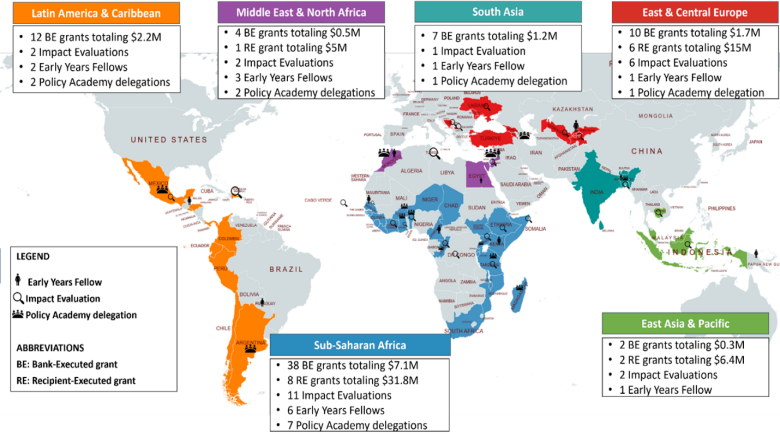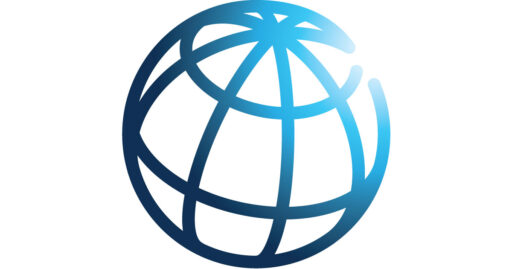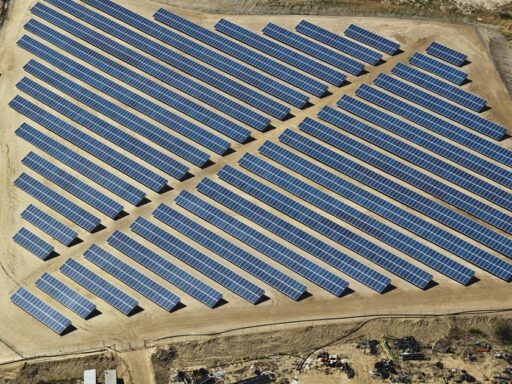
Summaries of country level work
Listed below are a few examples of projects that have received catalytic country grants or match funding from the Invest in Childcare initiative. The full list of grants and evaluations is available here.
Examples of catalytic Bank-Executed grants
In Argentina, Invest in Childcare funding will be used to support the design of childcare options for agricultural workers through: (i) a diagnostic of social norms, constraints and barriers faced by women in agricultural communities through focus group discussions; (ii) a series of consultations with public agencies, CSOs, firms and parents to identify feasible and relevant childcare models, including public private partnerships; and (iii) the design of an approach to deliver childcare in the agricultural communities surveyed, including the design of a curriculum that is meaningful for the agricultural context (e.g. green activities and children’s gardens). The team also plan to disseminate the findings at a regional level to promote policy discussion on rural childcare provision.
Invest in Childcare funding will be used to design a community-managed childcare model in Bangladesh to promote the participation of young women that are Not in Education, Employment or Training (NEET). Four activities will be financed: (i) situation assessment of supply and demand focusing on rural areas; (ii) design of a tailored community-based childcare model; (iii) design of an impact evaluation, project monitoring framework, and tools; and (iv) knowledge sharing and policy guidance. This model would be piloted through a new World Bank-financed operation.
In the Republic of Congo, Invest in Childcare funding will be used to pilot an approach to support women to start childcare businesses as an income generating activity within a women’s empowerment project. Start up grants will be provided through the project and Invest in Childcare funding will support: (i) a rapid assessment of the demand and supply of home- and community-based childcare services for vulnerable households in urban and peri-urban areas; (ii) the identification and training of childcare entrepreneurs interested in starting or growing a childcare business; (iii) ongoing coaching and mentoring for the childcare entrepreneurs and (iv) the monitoring and dissemination of lessons learned, development of an implementation manual and sharing a pilot report and a case study to foster government dialogue around childcare.
Invest in Childcare funding will be used to promote women’s participation in Ghana’s Safety Nets Program by improving childcare provision in labor-intensive public work sites. Four activities will be financed: (i) the development of childcare standards and training materials for providers; (ii) delivery of training through a train-the-trainer approach to providers in target districts; (iii) a process evaluation of the pilot to capture lessons learned from implementation, on quality and uptake, satisfaction of parents and childcare providers, and recommendations for scale up; and, (iv) dissemination activities with public and nonstate actors.
In Kenya, Invest in Childcare funding will be used to support the identification of cost-effective, scalable childcare models to provide access to children of women participating in the National Youth Opportunities Towards Advancement Project (NYOTA) to improve their employability. Funding will support: (i) the identification and documentation of available childcare models suitable for vulnerable youth that could be piloted and later scaled up through the project; (ii) the preparation of guidelines and recommendations for integrating childcare in NYOTA; and (iii) exploring options to support childcare employment both as a training track within NYOTA and through provision of childcare to NYOTA participants.
Invest in Childcare funding will be used to deepen the understanding of childcare options for mothers of children with disabilities and develop guidance for policies and projects. The analysis will be based on a global literature review as well as deep dive studies in Tanzania, Kenya and Uganda. The funding will support: (i) demand side analyses to understand how parenting demands and the availability of childcare impact the employment of mothers of children with disabilities; (ii) supply side analyses on the inclusivity of childcare centers; and (iii) the development of a global guidance/toolkit that encourages investments in disability-inclusive childcare and identifies promising practices and key considerations for policies and projects. Results from the study and the country briefs will be disseminated amongst stakeholders via webinars and workshops at the global and country level.
Examples of Recipient-Executed grants
-
Cote d’Ivoire Health, Nutrition, and Early Childhood Development Program for Universal Health Coverage (UHC), P179550: Leveraging a community health, nutrition and ECD platform to provide quality childcare services
The Project is improving the utilization of quality health, nutrition and early years development services, particularly for women, children and poor populations. Invest in Childcare has invested $5 million (matched by $5 million IDA) to support community centers that already provide various early childhood development services (including nutrition, health and early stimulation) to also offer improved childcare services through increasing the days and hours that childcare services will be available for and improving the quality of provision. Funding will be used to develop quality standards and implementation guidance for the childcare provision, to train practitioners, and to modify existing community spaces to safely provide quality childcare for very young children.
-
Jordan Enhancing Women’s Economic Opportunities, P180508: Expanding access and take up of childcare through start-up grants, subsidies for low-income households, and an online service platform
The Enhancing Women’s Economic Opportunities in Jordan Project is designed to address constraints that women face to enter and stay in the labor force including lack of access to quality childcare. Invest in Childcare is supporting the Government of Jordan to expand access to affordable quality childcare services through: (i) providing grants and in-kind support to establish center-based nurseries and home-based-nurseries; (ii) subsidizing the cost of childcare for children aged 0-5 among social safety net recipients who demonstrate an interest in participating in the labor force; and (iii) establishing a government operated online platform that brings together providers and families, which is also linked to the National Unified Registry of families seeking social assistance. Invest in Childcare has invested $5 million (matched by the $4 million Investment Project Financing (IPF) component for piloting childcare grants and subsidies and $92.5 million from the Performance for Results (PforR) component associated with childcare policy reforms).
The objective of the project is to improve the learning environment of education institutions (including early education and care centers (ECEC)) and to better support vulnerable Moldovan families and refugees from Ukraine. Invest in Childcare has invested $5 million (matched by $10m IBRD), to expand access to vulnerable and refugee families (with a focus on full day services) and to strengthen workforce capacity through in-service training.
The objective of PAMOJA is to increase access to economic opportunities for women and Gender-Based Violence prevention and response services, in targeted areas of the United Republic of Tanzania. Invest in Childcare has invested $4.5 million (matched by $4.5 million IDA) to: (i) operationalize 200 community day care centers (CDCCs) in the mainland and Zanzibar; (ii) train caregivers for the CDCCs; (iii) develop a national practitioner framework; and (iv) develop a digital quality assurance system to support monitoring and adherence to quality standards.
Capacity Building Initiatives
The Invest in Childcare initiative enacts a range of capacity-building efforts, including:
Childcare training for Early Years Fellows: The Early Years Fellowship was launched by the World Bank Group‘s Early Learning Partnership to support governments and World Bank teams to scale up investments in early childhood development. The Invest in Childcare team developed a childcare training module for Fellows that covers the rationale for childcare investments, operationalizing childcare investments in the World Bank, different modalities, quality assurance. Fellows were trained in February 2023.
Early Childhood Policy Academy (Formerly Engaging Policymakers to Invest in Childcare): This is an 18-month program designed to increase the volume and improve the quality of investments in childcare and related early childhood interventions through engaging with experts and South-South virtual and in-person learning activities. 13 countries are participating (selected out of 25 applicants. Policymakers have reported that activities have been helpful to diagnose their childcare systems, learn from peers, and support stronger coordination to plan and implement childcare services.
Self-paced learning: Introduction to Investing in Childcare is a self-paced course designed for practitioners, policymakers, and others who are interested in understanding the rationale for investing in childcare. The course is free, virtual, and can be completed at your own pace. The course explores why childcare matters, the scale of the global childcare challenge, and actions governments can take to ensure childcare is available, affordable, of decent quality, and responsive to the needs of all families. Throughout, the course highlights a variety of childcare provision models in diverse contexts with a practical focus on challenges, good practices, and lessons learned. Visit here to explore the course. First time users of the Open Learning Campus can create an account using this link to access the course.
Last Updated: Apr 01, 2025







